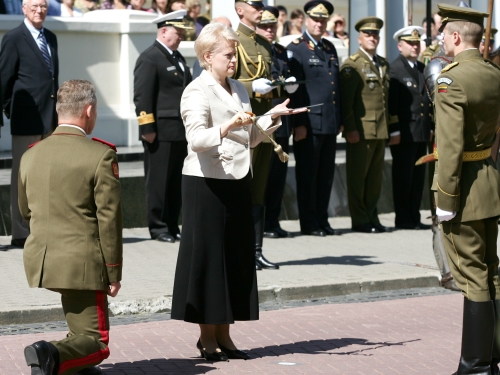
This article was originally published by the Foreign Policy Research Institute (FPRI) on 6 July 2017.
Russian media played a key role in stoking the conflict in Ukraine, sparking fear in the Baltic states that they could become the next target. In the wake of the Euromaidan protests in Ukraine, Russian state-owned media shaped a nationalistic narrative regarding the annexation of Crimea that spread fear of the new Ukrainian regime and promoted reunification with Russia. Russian media also encouraged the separatist movement in eastern Ukraine and spread multiple false news stories intended to portray Ukraine in the most negative light possible.
In the current media environment, it is not possible to eliminate questionable or false sources of information. In the Baltic states, attempts to do so could backfire by reinforcing allegations that the Russian minorities lack full civil rights. However, encouraging independent media and thoughtful integration of Russian-language programming into mainstream sources will provide more credible alternatives for Baltic Russian speakers. In the longer term, an important tool for all countries facing propaganda and “fake news” is to increase education in media literacy, critical reading, and technical training to thwart hacks and other attempts to hijack information. A population trained to identify bias is the best defense against harmful propaganda.


